How women can manage their well-being during the pandemic
Professor Cherie Armour from the School of Psychology at Queen’s University Belfast is an internationally renowned expert in psychological trauma and mental health. She offers some tips on how women can manage their well-being while balancing the stress of work and life during the pandemic.
Wednesday 24 February 2021
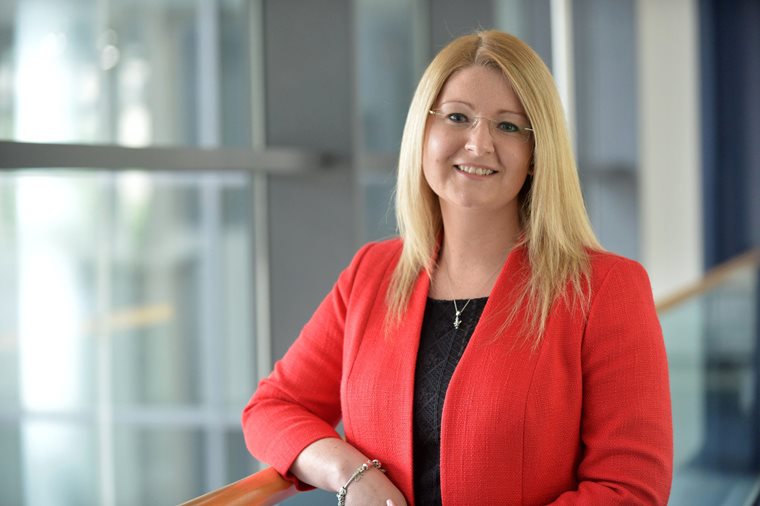
Professor Cherie Armour from the School of Psychology at Queen’s University Belfast is an internationally renowned expert in psychological trauma and mental health. She is research director of Queen’s University Research Centre for Stress, Trauma and Related Conditions (STARC) which launched the first COVID19 Psychological Wellbeing Study in March 2020.
She offers some tips on how women can manage their well-being while balancing the stress of work and life during the pandemic:
We live in an unprecedented time where we face a myriad of potential professional and personal challenges. It’s said that “we’re all in this together,” that “we’re all in the same boat,” but this is not the reality.
COVID-19, the corresponding lockdowns, daily restrictions, and loss of loved ones have not impacted us all equally.
Women are two to three times more likely to experience posttraumatic stress disorder (PTSD) in response to trauma than men and we cope differently. Men are likely to employ fight-or-flight responses and use problem focused coping strategies, but women tend to use emotion focused coping strategies.
Women seek more social support in times of stress and when it isn’t available it can be harmful to our psychological health.
Research has shown that many women are facing additional stresses caused by the pandemic including those related to finances because of pre-existing economic inequalities.
We know that the over-representation of women in sectors such as hospitality, which have been partially or fully closed, mean women are more likely to lose their jobs than men.
Ironically, sectors which have not been closed but rather have been the easiest to pivot to full ‘working from home’ practices, such as education, also employ a higher proportion of women.
This has been combined with the need to look after children due to nursery and school closures, the responsibility for which more often falls to mothers than fathers.
Things are therefore understandably stressful, but we can find comfort in the fact that more women than not are resilient in the face of adversity and trauma.
So, how can we ensure that we are in the resilient group as we adapt and grow from the adversity that is COVID-19?
· Just as we are not all in the same boat, the actions we take to foster our resilience depend on our personal situation, the context, and our own preferences.
· One size does not fit all. Key is that we try to be kind to ourselves, by practising self-compassion and adapting our attitude to one that is accepting of being ‘only human’, ‘not being perfect’, and accepting that ‘mistakes are allowed’.
· It’s ok to lower the high standards we normally hold ourselves to. Ask what is truly urgent, what is needed in the short-term, and what can wait?
· We need to re-establish our boundaries, make sure we do not take on too much, maintain a structure for work and for life, for example with home schooling and build in flexibility for the unexpected.
· Be mindful of the need for self-care, do something you enjoy, carve out some time for yourself.
· Arguably the most important action is to stay connected both professionally and personally; both are forms of social support and will help to see us through some of the challenging times.
· If things become overwhelming, do not be afraid to reach out for help from professional sources, you are NOT alone, and support IS available.
Further information on COVID-19 well-being and support can be found at https://covidwellbeingni.info/ or you can call the free helplines at Lifeline 0808 808 8000 and Samaritans on 116 123.
Wednesday 24 February 2021



 Contact us
Contact us
 Share on social
Share on social Share with a friend
Share with a friend Facebook
Facebook LinkedIn
LinkedIn
 Twitter
Twitter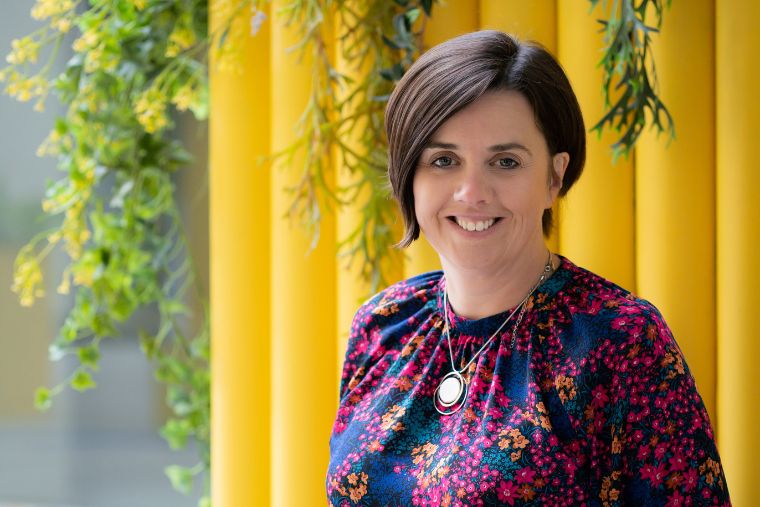






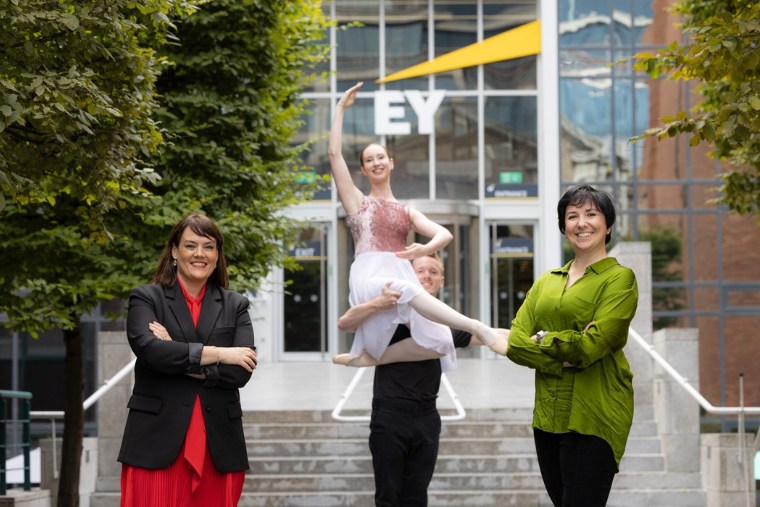
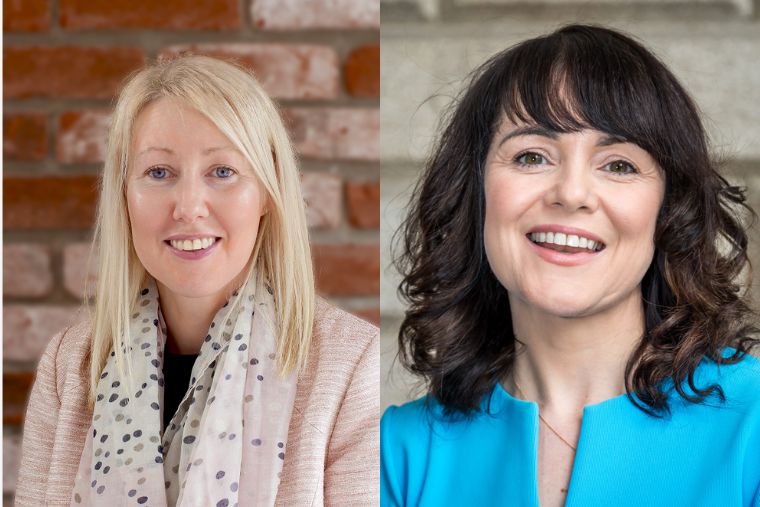
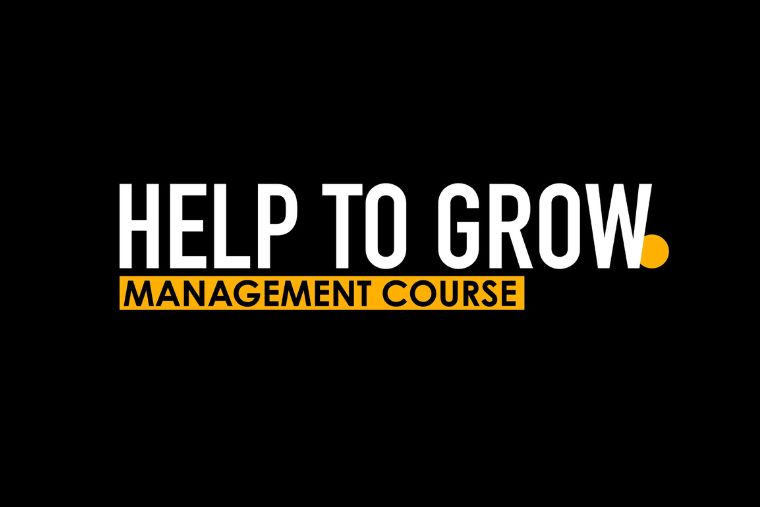





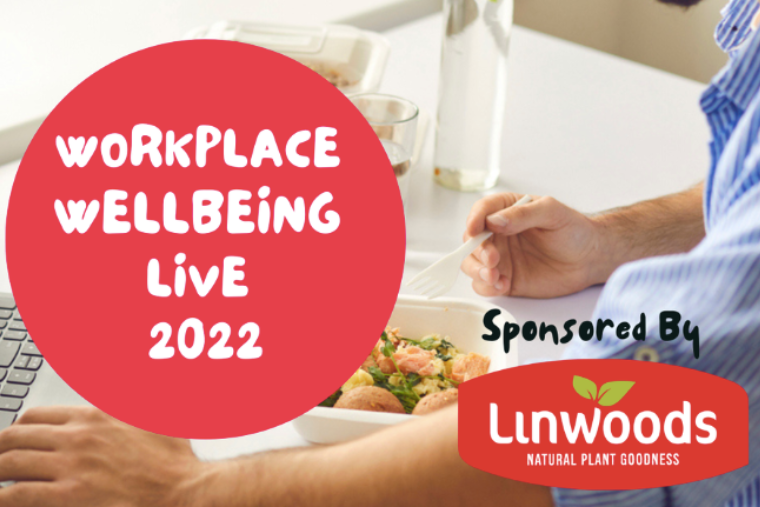


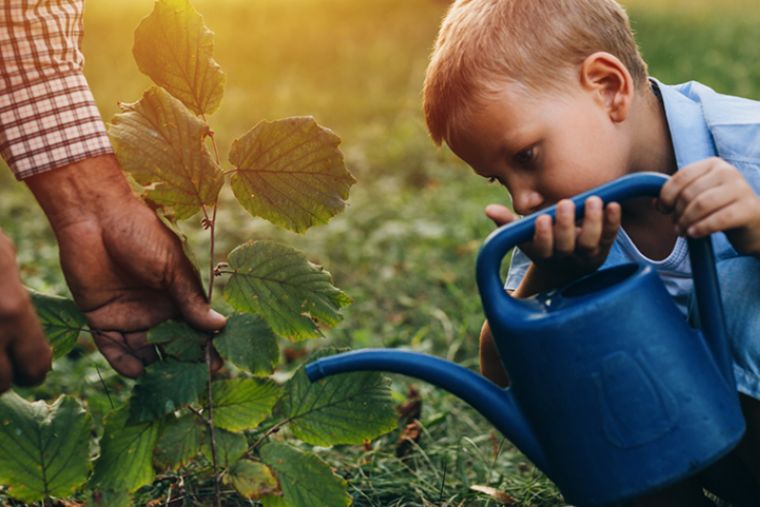


 Get in touch with us
Get in touch with us